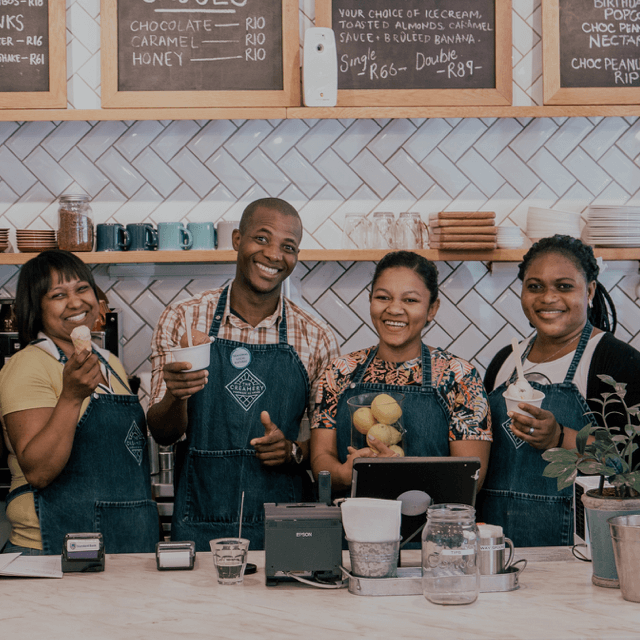African Palm enters the industry
A packaging company in Malaysia has begun producing biodegradable packaging made from the fiber of the African Palm. Apparently, packaging made out of palm fibre takes about 90 days to biodegrade. Read more here…


A packaging company in Malaysia has begun producing biodegradable packaging made from the fiber of the African Palm. Apparently, packaging made out of palm fibre takes about 90 days to biodegrade. Read more here…
According to Bizcommunity, Africa’s leading marketing and advertising news website, packaging has become an essential aspect of branding and consumer trends have shown that biodegradable packaging, in particular, has become one of the most effective marketing strategies. In this article, Desiree Gullan, creative director of Guerrilla Marketing says: “Without sounding like too much of a…
This article in Business Week focuses on biodegradable plastics. It includes a video interview with bioengineer, Oliver P. Peoples about the bioplastic industry and his company Metabolix.
According to this industry website, over 500 bioplastics manufacturers companies already exist, and are expected to increase ten fold by 2020 to over 5000. The bioplastic industry, which is estimated to be growing at about 10% pa is set to increase to 25-30% by 2020.
It would seem that we are not the only ones concerned about the introduction of degradable plastics in South Africa. As a new article reports, the Plastics Federation of South Africa (PFSA) has expressed concern over the fact that Albany Bakeries, as well as other retailers, are making use of plastic packaging which contains additives…
Plastic is durable and long-lasting, qualities which made it seem like the perfect substance for a diversity of uses. But these factors, combined with others that are increasingly being researched, turn out to be some of the major problems of plastic. Sustainability has become a key phrase in recent environmental discussions. Sustainable resources are ones…
Research has shown that Bisphenol A (BPA) in plastic food wrapping, containers and bottles could be harmful or toxic to our bodies. According to an online article, certain plastics have already been banned in Canada and there has been a move to ban them in the United States.
Old Researchers for the National Research Council Canada have discovered a strain of bacteria (alcaligenes latus) that eats away at maple sap, and in the process, produces a biopolymer that can be used to create a biodegradable plastic. The advantages of this discovery is that we are moving away from a dependency on food crops…
In response to an article about oxo-degradable plastics in the Exchange Morning Post, Dr Jim Lunt wrote a letter to the editor expressing his concern that the article was fuelling misconceptions that these kinds of plastics are harmless to the environment. “There is also no reputable evidence that these polymer fragments are attacked by microorganisms. There…